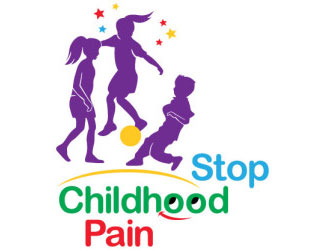What hospitals offer this treatment program?
There are a number of treatment facilities that offer physical and occupational therapy programs for children with amplified musculoskeletal pain syndromes (AMPS) throughout the US, but we only include here hospital programs where the staff have trained directly with the Children’s Hospital of Philadelphia AMPS team and that we know have specifically modeled their programs after the program which produced the statistical data in the 1999 outcomes study, which demonstrates the effectiveness of this treatment (out of 103 patients, 92% had fully resolved their pain and 88% were pain free five years later).
We are not aware of any facilities that offer this type of program for adults. If you know of such a facility, please let us know via our contact page.
To get into one of the Juvenile AMPS Treatment Programs you or your child first needs to be seen by a physician on a programs team, so the first step is to make a doctor’s appointment with the appropriate physician at the hospital you’re interested in. If you need help finding a physician, please send us an email though our contact form and we will do our best to help.
We have not visited each site, but they seem to follow our treatment philosophy and protocol. When you assess a treatment program, you should confirm that they do not use medications to treat pain and, if your child is on pain medications, that they will take them off or taper them off either before or during the program.
You should confirm the amount of physical and occupational therapy your child will receive. You should know how much individual, group, and family psychological therapy is involved as well as ancillary mental health services such as art therapy, music therapy, dance therapy, or drama therapy. Not all programs will have all these ancillary programs but having a couple of them will help.
The duration of therapy should be open ended and continue as long as there are goals to obtain. If your child has complicating issues, you should know how those will be addressed. Issues we have encountered include diabetes, cerebral palsy, autism, functional neurologic disorder, eating disorders, and suicidal ideation. We routinely treat and desensitize children with head pain, abdominal pain, other somatic symptoms, hypermobility, and orthostatic symptoms.
Nebraska
Omaha – Children’s Hospital and Medical Center, University of Nebraska
Children’s Hospital and Medical Center in Omaha NE has a modified day program designed to treat AMPS. It is a multidisciplinary treatment approach with specialties including Rehab, Behavioral Health, and Rheumatology. The program runs Mon-Fri with one hour of OT and one hour of PT from 8-10 am for 5 weeks total. It is integrated with behavioral health with both individual and group sessions once weekly.
